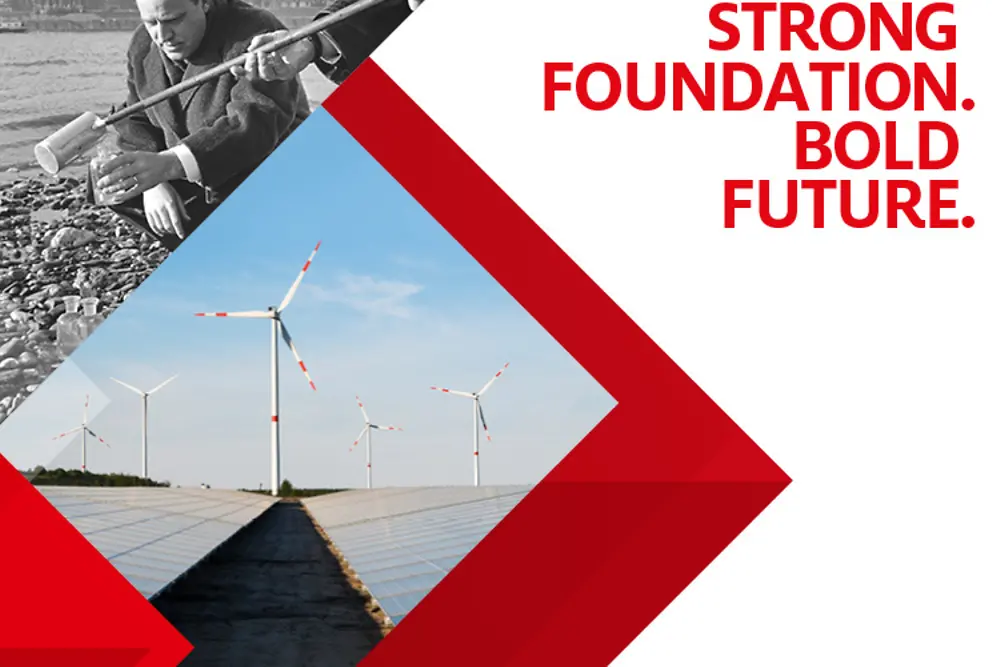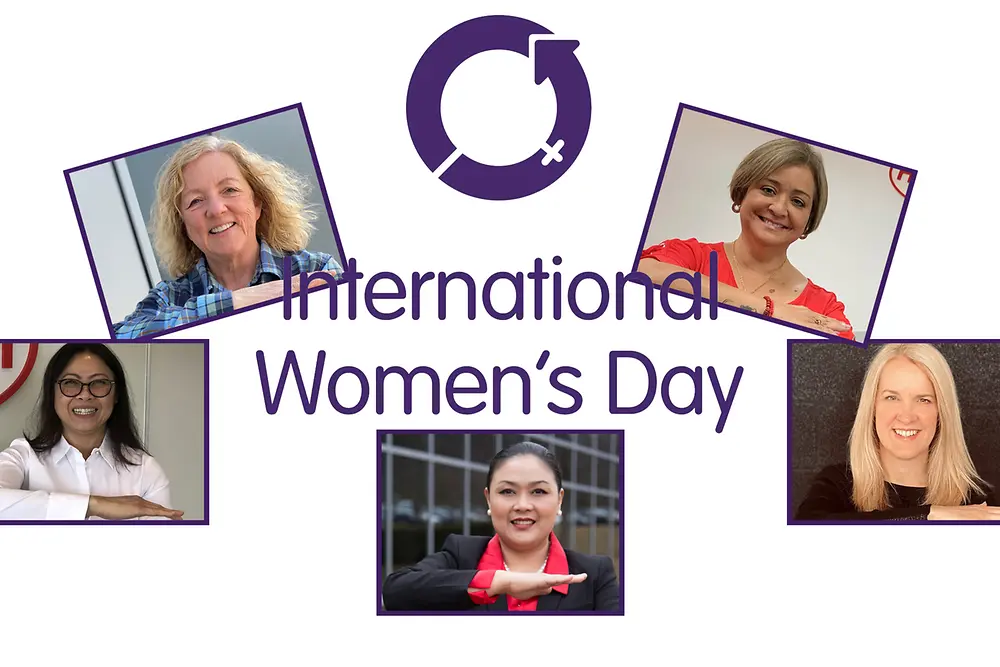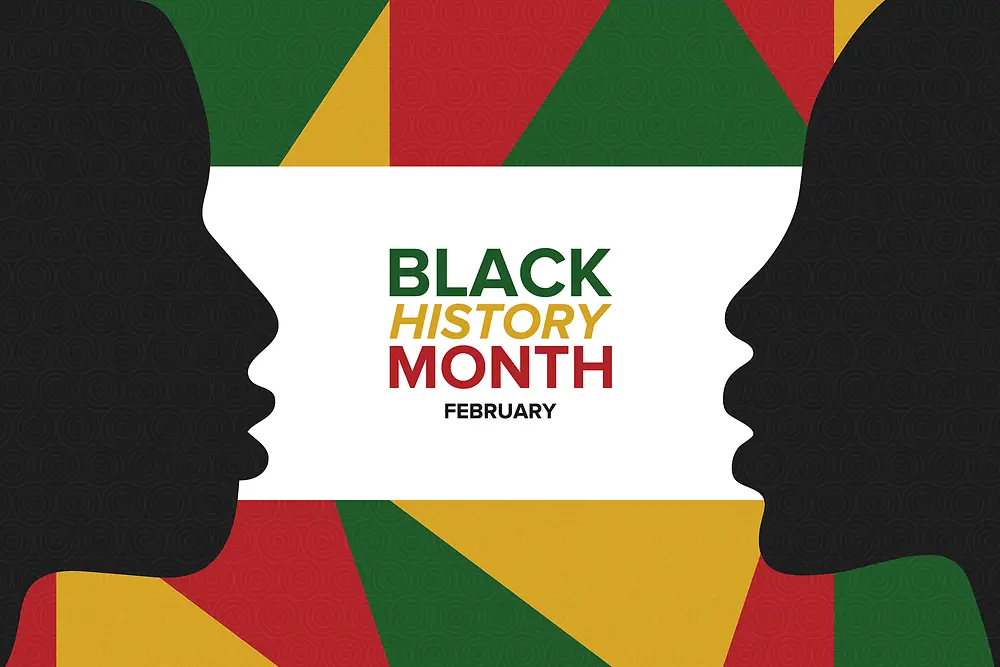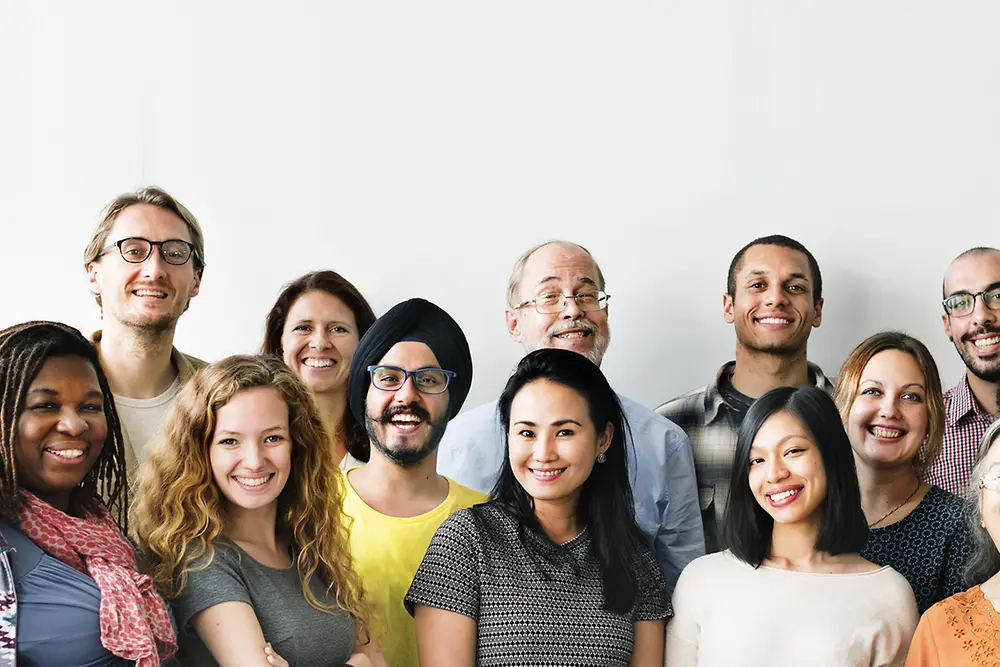Learn more about Henkel Brands & Businesses in UK & Irelands: Includes useful information about the brands, technologies and latest innovations in our business areas: Henkel Adhesive Technologies and Henkel Consumer Brands.
Employee Resource Groups spread PRIDE message

The freedom to be who you are is at the heart of Pride Month, which marks its 50th anniversary this month. The commemorative month is an opportunity to recognize and celebrate the impact that LGBTQ+ people have had on history — and on Henkel.
We believe treating each other with kindness, respect and dignity promotes an inclusive culture that helps everyone be their best. Henkel’s commitment to diversity and inclusion starts at the top, while Employee Resource Groups (ERGs) — such as the Pride ERG — drive grassroots education and activity. ERGs are voluntary, employee-led groups that focus on a common area of interest and offer networking, career development, community building and educational opportunities.
Pride Month offers fresh opportunities to show support, listen and learn. To get the conversation started, we asked these Henkel Pride ERG leaders to share their thoughts on PRIDE, diversity, and the importance of allies:
What is the value of being involved with the Pride ERG?
SEAN: ERGs can be instruments of tremendous change. They can educate, inspire, create safe spaces, offer leadership opportunities, improve business results, and more — and I wanted to help drive that change.
MELISSA: ERGs are part of creating a company culture centered around acceptance, kindness and humanity. Last year I was diagnosed with (and beat) cancer. During that time, the amount of love and support my colleagues provided me and my wife was beyond what I could have imagined. With as open as my life had just become at work, many others took the opportunity to open up to me. I realized that I was working alongside people day in and day out without really knowing them. So, for me, the group was a way to create an environment where all employees felt comfortable enough to open up.
ABE: ERGs are a great way to gain exposure in the company to people outside of your immediate bubble. ERGs are also key for influencing company culture and policy. They teach employees of all levels about topics related to their group, work with senior leadership to drive initiatives across the company, and create fun/informative events that help develop and retain talent.
JAMES: Diversity allows us to see things from different perspectives. It is critical that we take these differences and leverage them in a way that benefits everyone. Henkel has a long-established history in diversity and inclusion. Our senior leadership team has been a strong advocate since the formation of the PRIDE ERG. By acting quickly, and launching strong employee resource groups in the U.S., along with continuing education and training on LGBTQ+ related topics, Henkel is taking important steps to show support.
What would you most like to share about Pride Month?
MELISSA: Pride began as a protest where people came together to drive meaningful change with their voices. Especially during these times, I’d like people to know the story of the Stonewall Uprising so they may be inspired to challenge the status quo of today’s world.
ABE: To me, Pride Month is about celebrating LGBTQ+ people, not in spite of their identity but because of it. It’s about going beyond just tolerating and accepting, learning to celebrate and value LGBTQ+ people in your life.
JAMES: PRIDE is a safe space for us to discuss and learn about the LGBTQ+ community as well as celebrate the beauty of diversity. More than ever, it is important that we come together to support, protect, and lobby for one another.
What does it mean to be an ally?
SEAN: Allyship is a journey: some folks are sympathetic bystanders, and others are at the front of the parade with flag in-hand. Your level of enthusiasm does not determine whether you’re an ally. What you do when you see harassment does. What you do to stop injustice does. Being an ally means that you stand up for a community, work to create safe spaces, and help ensure equality for traditionally under-represented groups like the LGBTQ+ community.
MELISSA: Being an ally means you’ve chosen to stand in solidarity with (typically) a marginalized group. Allies are a critical part of any movement because they show to others that you can support a group without personally identifying as a part of the community.
ABE: To me, being an ally is all about action. It’s showing up and speaking up both when things are comfortable and when they are not.












